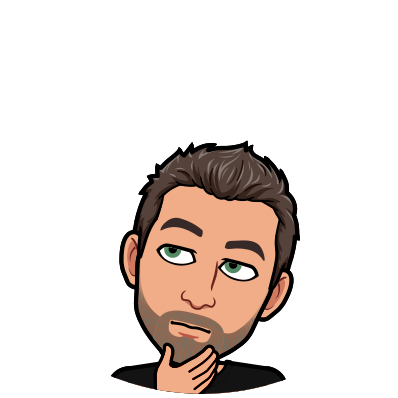When I began teaching online in 1997, my amazement was that the Internet seemed to make so many previously-expensive resources cheap, or even free! In 1996, I had to make photocopies of all pages of everything I wanted my students to read, take it to the university copy center a week before I wanted the students to read it, and then return to collect it. But, in 1997, I could copy and paste and linke - and it was all instant, and it was all almost free!
Today, we call that massive digital library of free (or almost free), always-growing, always-adapting, library of digital information OER (Open Educational Resources.)
I list this as a topic here because, while it may seem wonderful, my research (see the Literature Review section) has shown that educators around the developing world have seen it as a major resource and a major tool of possible danger for their countries.
If you chose this topic, I'd like you to examine the ways that even limited Internet access could be used to increase inclusion and diversity in educational situations. Bad Internet access isn't the worst evil, but, if Internet is limited, how could it be still used to let minority groups, or people with disabilities, or people who live far from educational settings have access to high-quality education?
Start with the following resources.
- OER TED Talk
- OpenStax College Algebra 2e
- OpenStax Political Science
- OER Commons - K-12
- Mackintosh, W. (2017). Open Course Development at the OERu. In R. S. Jhangiani & R. Biswas-Diener (Eds.), Open (pp. 101–114). Ubiquity Press; JSTOR. https://www.jstor.org/stable/j.ctv3t5qh3.12
- Umar, A. (2013). Can open educational resources thrive in closed educational systems? Some reflections on OER in developing countries. In Commonwealth of Learning. Athabasca University. https://oerknowledgecloud.org/sites/oerknowledgecloud.org/files/pub_PS_OER-IRP_web.pdf#page=219
- Finally, create your own Teacher account on Persuall, and explore the free resources availble there. How could this increase learninga for your context?
Then, show us a Pecha-Kucha or TikTok series (See the instructions here.) that shows us the most important concepts that we should know, as digital pedogogues.
After your Pecha-Kucha or TikTok series, give us some thought-provoking questions (especially, think of how you could apply this in your cultural context).
Finally, monitor the discussion by replying quickly and challenging us to learn more!

